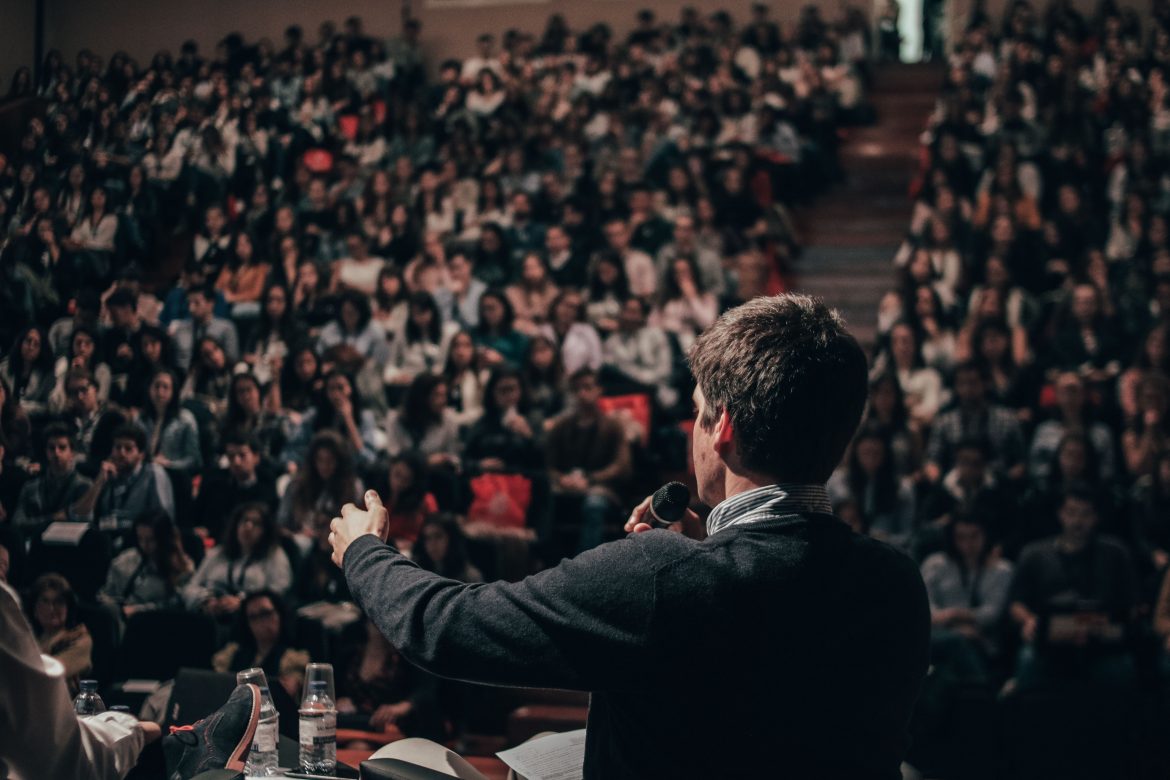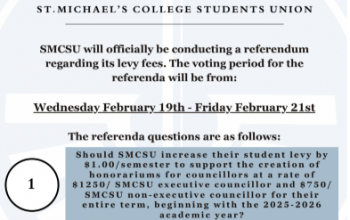Photo Credit: Miguel Henriques
While celebrities can act as catalysts for positive change, their political expressions can also alienate fans
Ethan Chan, Senior Staff Writer
In recent years, the intersection of celebrities and politics has become increasingly prevalent, with stars like Taylor Swift and Kanye West using their platforms to express their political views. While this level of engagement can be a positive force for change by sparking conversations otherwise silenced by the mainstream media, it involves some drawbacks. As a result, it is important to recognize the pros and cons of celebrity politics and how fame exists at a crossroad of opinions.
The wide array of celebrities that have stepped into politics can amplify crucial issues and increase their accessibility to the public. The Hollywood Reporter found that 41% of people believe stars can influence public opinion, while 31% of celebrities may even influence political processes, such as presidential elections. For example, Taylor Swift’s recent endorsement of Democratic candidates in Tennessee highlighted issues surrounding human rights, 2SLGBTQ+ rights, as well as racial and gender equality. Moreover, Global News reported that, on some topics, celebrities were as credible as politicians — highlighting the impact of celebrities with large followings using their platforms for political support.
However, as the saying goes, with great power comes great responsibility. Celebrity politics is a see-saw balance scale: leaning too far on one side can make or break your career, while neutrality can increase uncertainty among fans or spark fake news. For example, Taylor Swift’s initial political silence was interpreted as Republican support, forcing a specific narrative onto her regardless of her beliefs. On the other hand, Kanye West’s impromptu speech expressing support for Donald Trump during a Saturday Night Live episode led to public backlash. Compared to Swift, Kanye makes his views clear. Regardless, both celebrities experience conflict when introducing politics into their world.
The reason behind celebrity politics is simple: celebrities have influence. As fans, many of us idolize these individuals, with some hanging onto their every word. Despite this, 60% of individuals in a 2018 survey opposed celebrity political endorsements, citing it as a distraction.
So, why are we hypocrites? Why do we wholeheartedly support these celebrities in their specialties, such as music or acting, but look the other way when they speak up about politics? In my opinion, the answer is not obvious. It likely depends on the political issue and the celebrities’ knowledge of the political atmosphere.
The intersection between celebrities and politics is complex. While celebrities can act as catalysts for positive change, their political expressions can also alienate fans and further polarize the already divisive world of politics. Ultimately, navigating this balance requires understanding one’s role in society and acknowledging the potential consequences of their endorsements. Celebrities wield a dual-edged sword. They have immense influence but are also humans with unique beliefs. While there is nothing wrong with celebrities expressing their beliefs, since they possess great influence, they must publicize what they believe — and wield their swords — responsibly in the interest of a more informed and united society.




